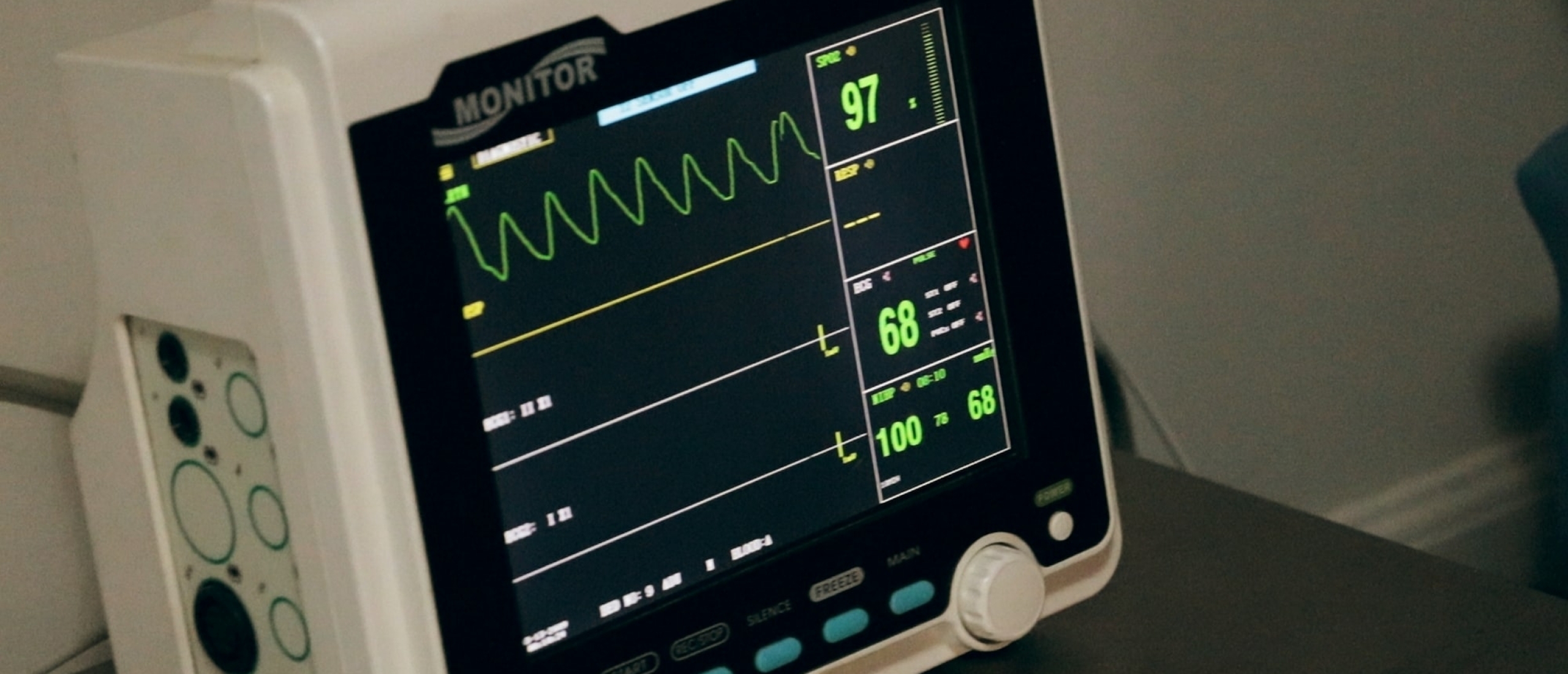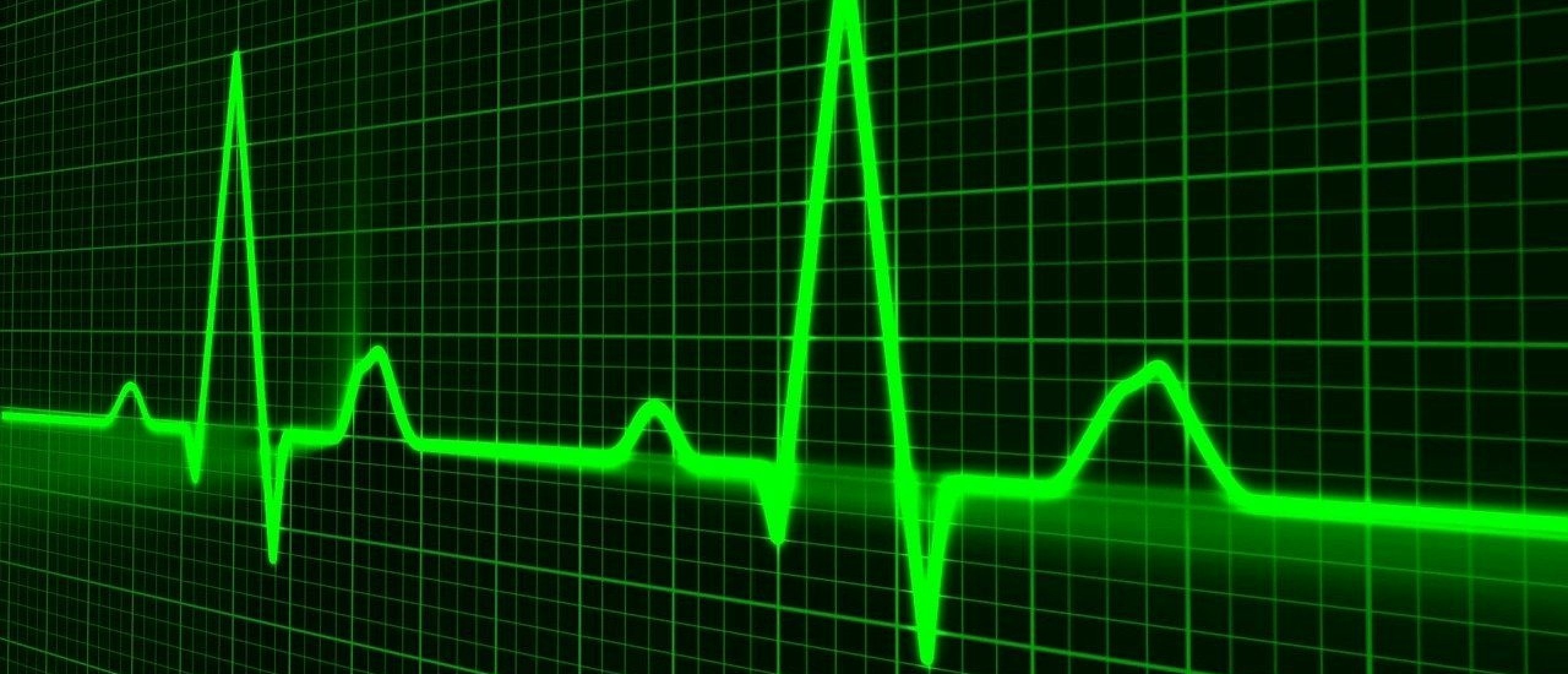
Stress is often brushed off as a mental burden, but science has made it clear: stress can cause serious physical health issues, including heart problems. Both acute and chronic stress trigger changes in the body that can damage the cardiovascular system — especially when stress becomes long-lasting.
Acute vs. Chronic Stress: A Critical Distinction
Acute stress happens in response to a specific event — for example, narrowly avoiding a car accident. This triggers the release of stress hormones like adrenaline, noradrenaline, and cortisol, which increase heart rate, elevate blood pressure, and redirect blood flow to muscles to prepare for "fight or flight."
In chronic stress, however, these hormone levels remain elevated over time, putting continuous strain on the cardiovascular system. It’s this prolonged stimulation that increases the risk of developing heart disease.
How Chronic Stress Harms the Cardiovascular System
Persistent stress hormone activity causes:
- Elevated heart rate
- Long-term high blood pressure
- Increased arterial inflammation
- Greater risk of atherosclerosis, heart attack, and stroke
Chronic stress also contributes to spasms in the coronary arteries, disrupted electrical signals in the heart, and irregular heartbeat — all of which heighten cardiovascular risk.
The Role of Inflammation: A Surprising Link
Recent research shows that chronic stress increases cardiovascular risk through brain-body inflammation pathways. Here's how it works:
- The amygdala, a brain region responsible for fear and emotion, becomes overactive.
- This triggers inflammation in the bone marrow, where immune cells are produced.
- These immune cells migrate to blood vessels like the aorta, where they contribute to inflammatory plaque buildup (atherosclerosis).
Scientists now believe this inflammatory pathway may be even more damaging than the direct effects of stress hormones alone.
Unhealthy Habits Worsen the Problem
Chronic stress can also lead to unhealthy coping behaviors that further strain the heart:
- Smoking, which raises blood pressure and damages blood vessels
- High-fat, high-sugar diets, which lower HDL ("good") cholesterol
- Lack of exercise, which reduces cardiovascular resilience
These habits compound the physiological effects of stress, creating a cycle of declining health. Learn more in our article on lifestyle and stress.
What You Can Do to Protect Your Heart
You can reduce your cardiovascular risk even during stressful periods. Here’s how:
- Exercise regularly: This lowers levels of cortisol and inflammatory cytokines like TNF-α and IL-6.
- Improve your sense of control: Feeling in control over your life or work situations reduces stress hormone release.
- Adopt stress-relief techniques: Techniques like mindfulness, deep breathing, and progressive muscle relaxation lower blood pressure and heart rate.
- Remove or reduce the source of stress: This is the ultimate solution to preventing long-term damage.
We explore these strategies further in our course and community: Surmounting Stress.
Long-Term Stress Management Pays Off
If you’ve ever wondered, can stress cause heart problems? — the answer is yes. Chronic stress doesn’t just weigh on your mind; it places significant strain on your heart through hormonal changes, immune activation, and behavioral side effects. But the good news is: stress is manageable, and many of the risks are reversible.
Learn how to break the cycle and protect your heart. Explore our evidence-based approaches to reducing stress and improving health in the Stressinsight Community.











